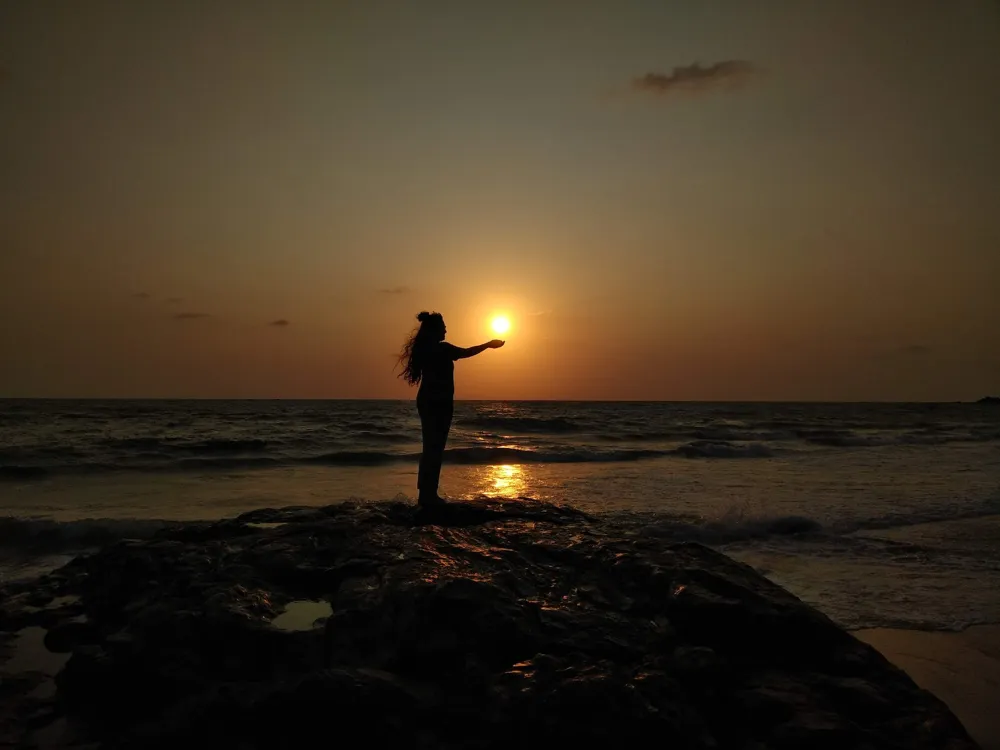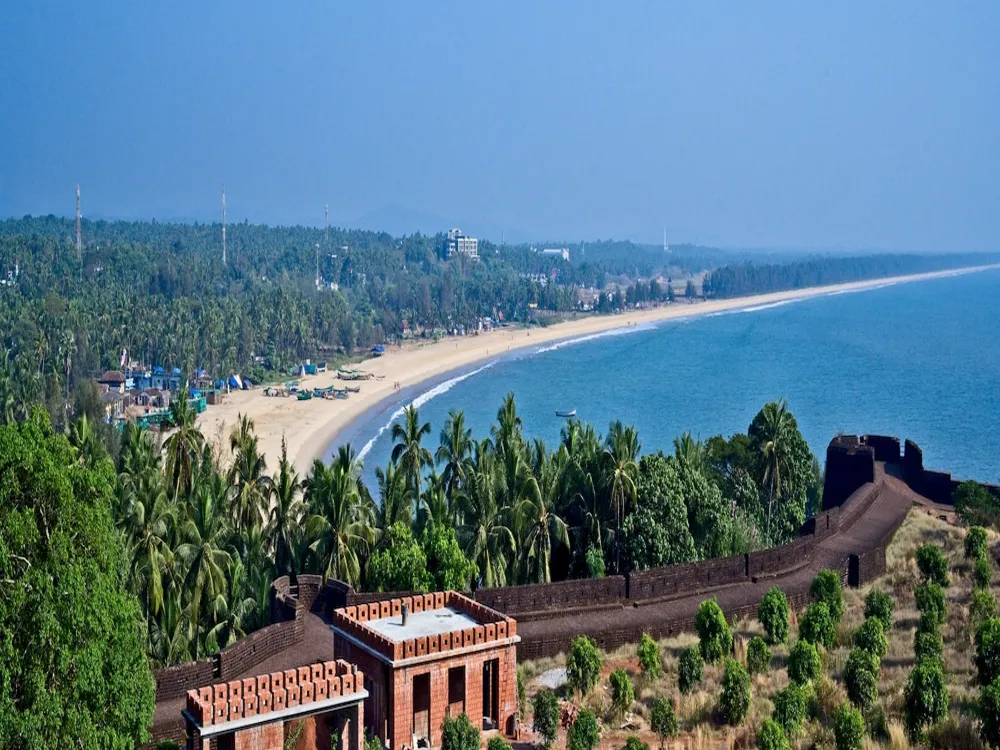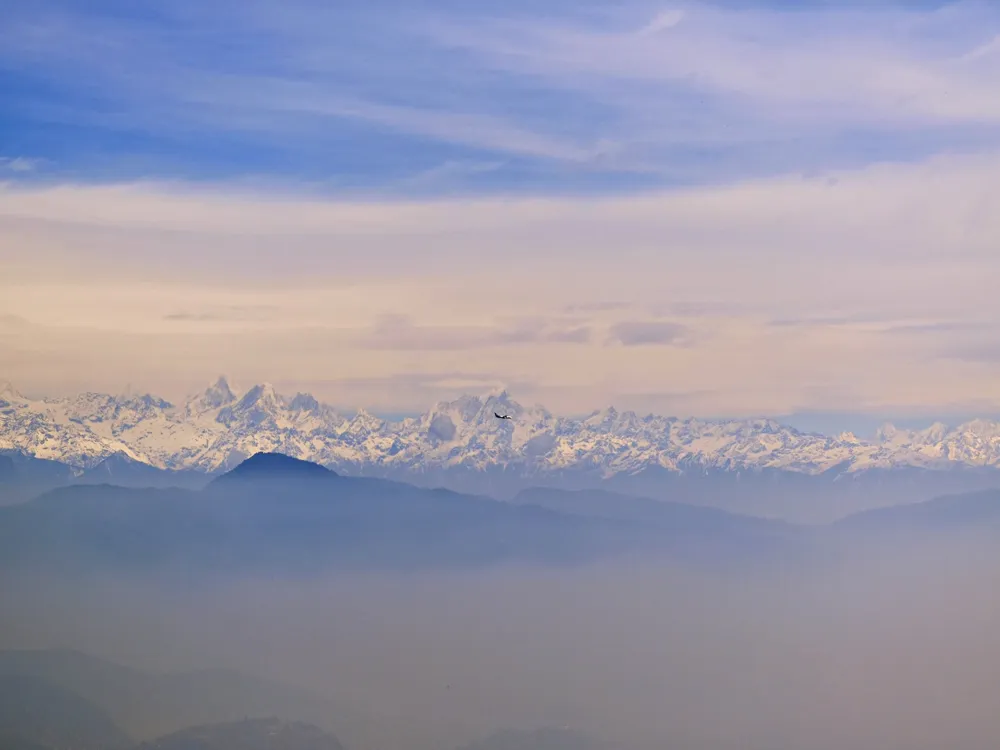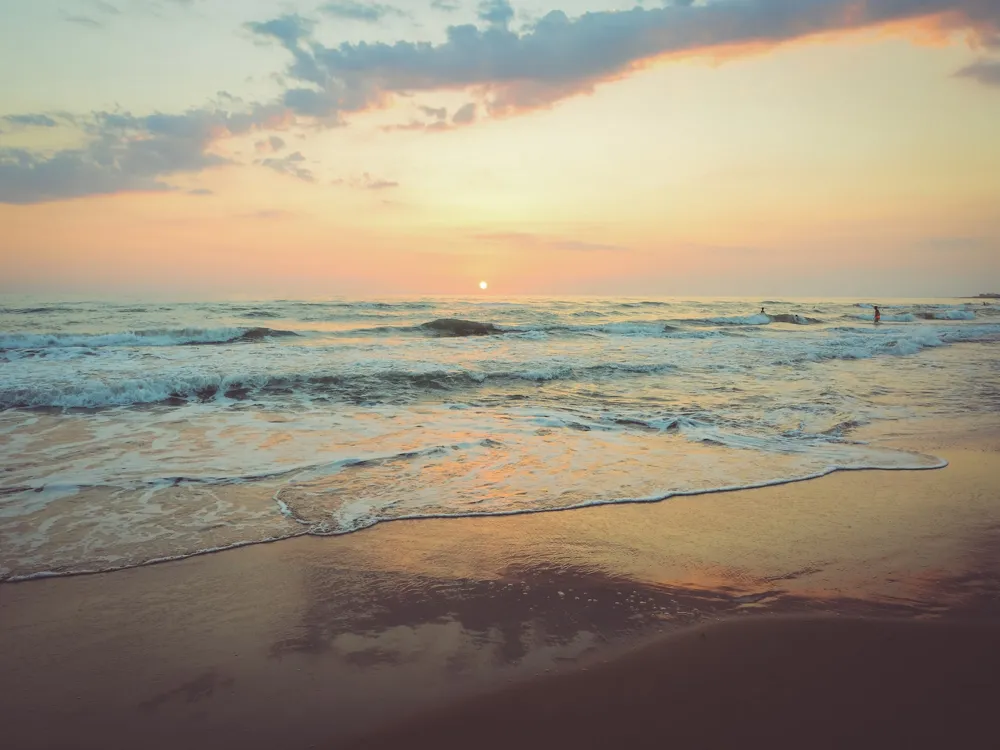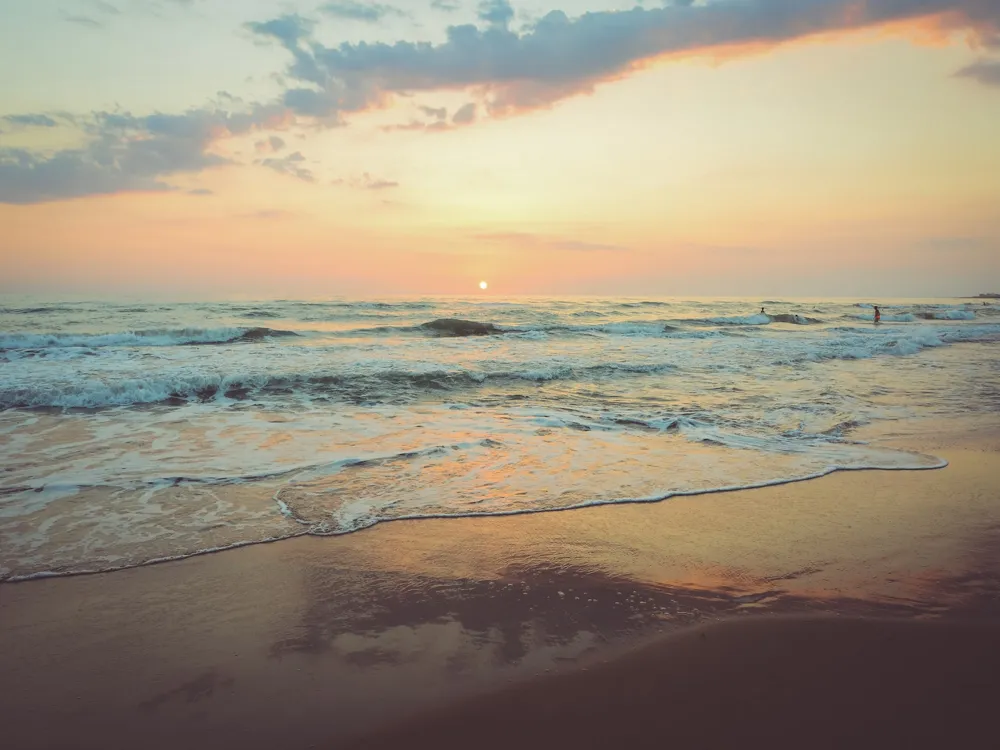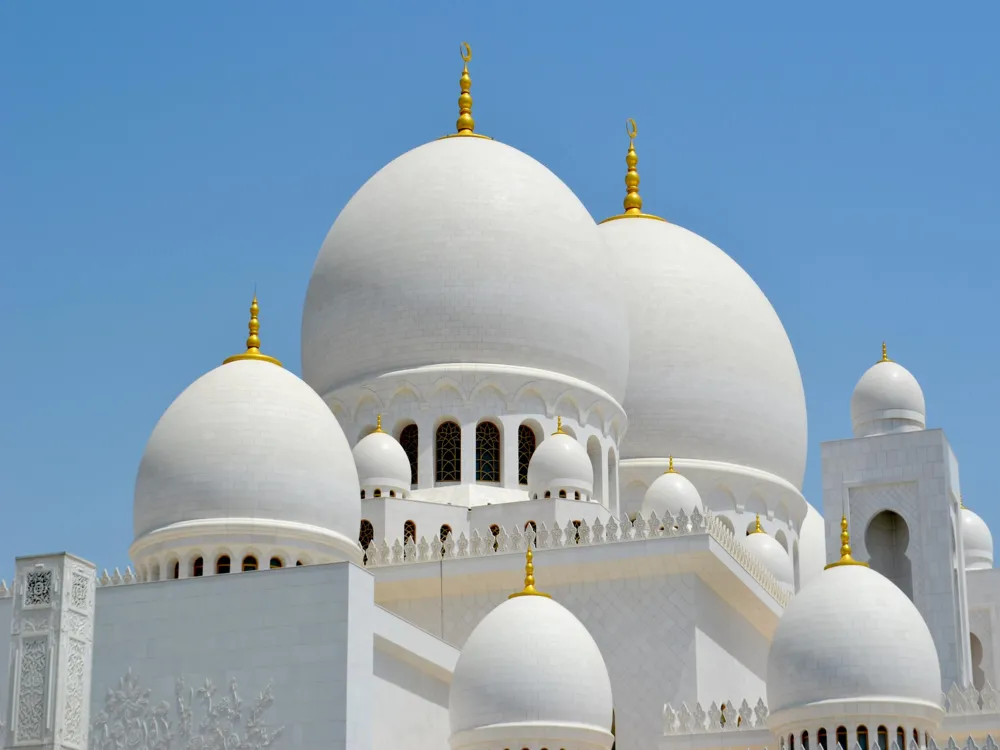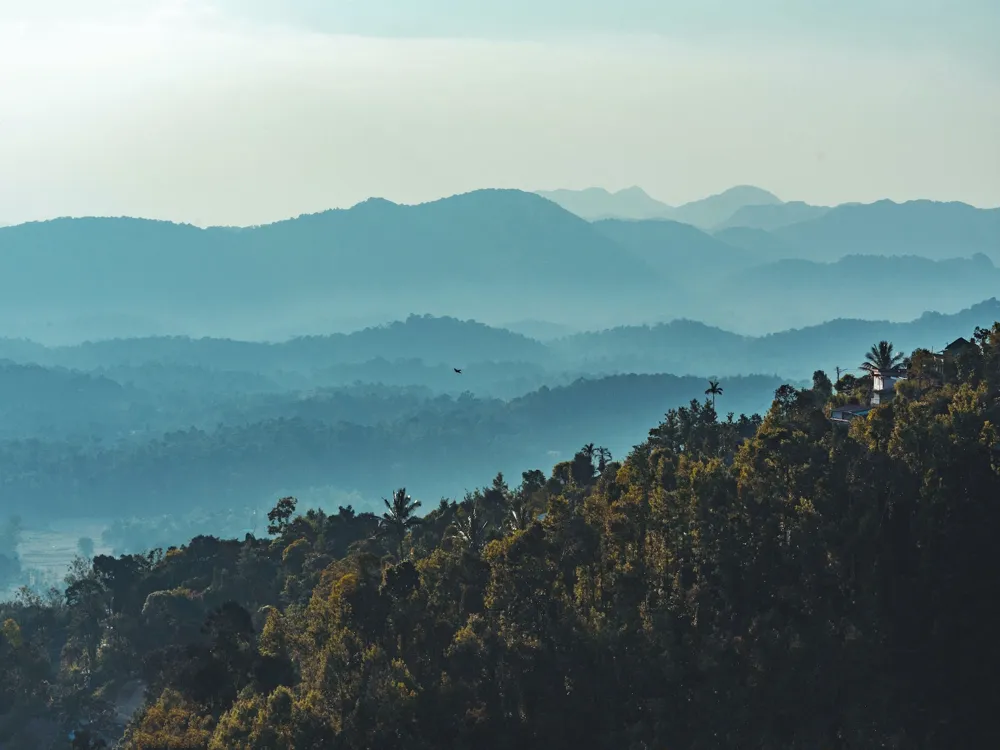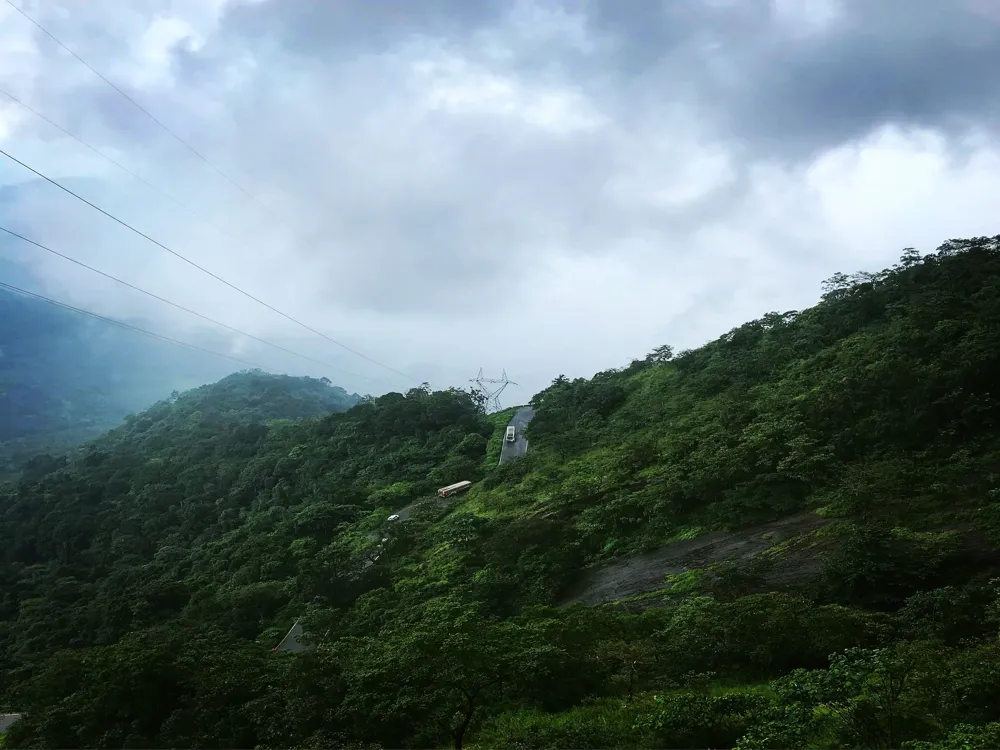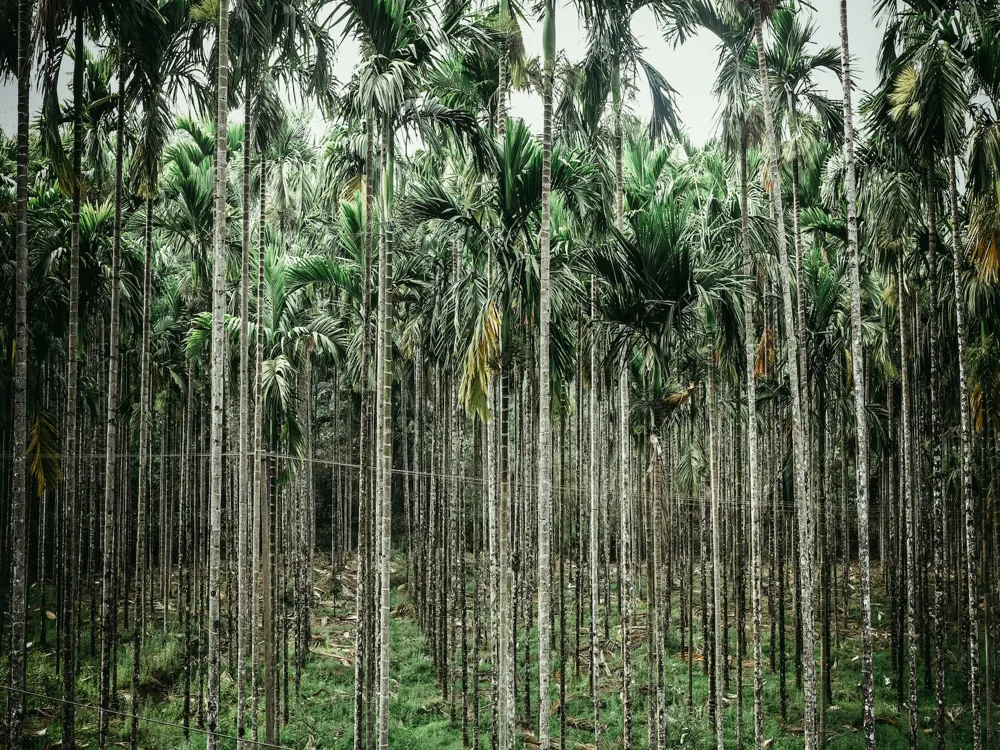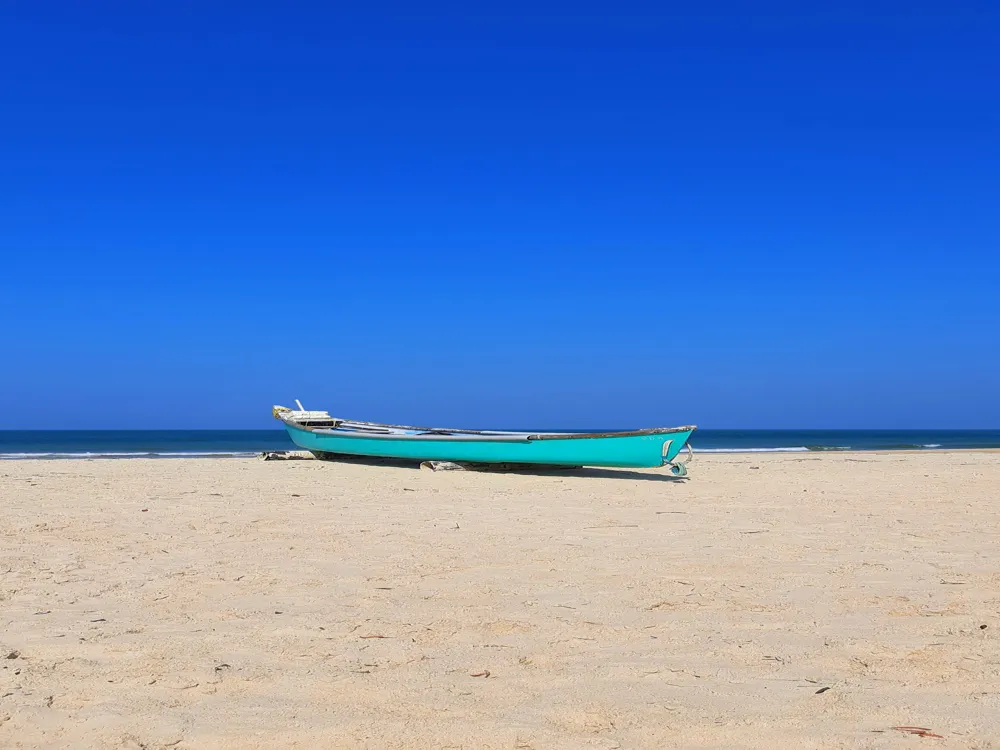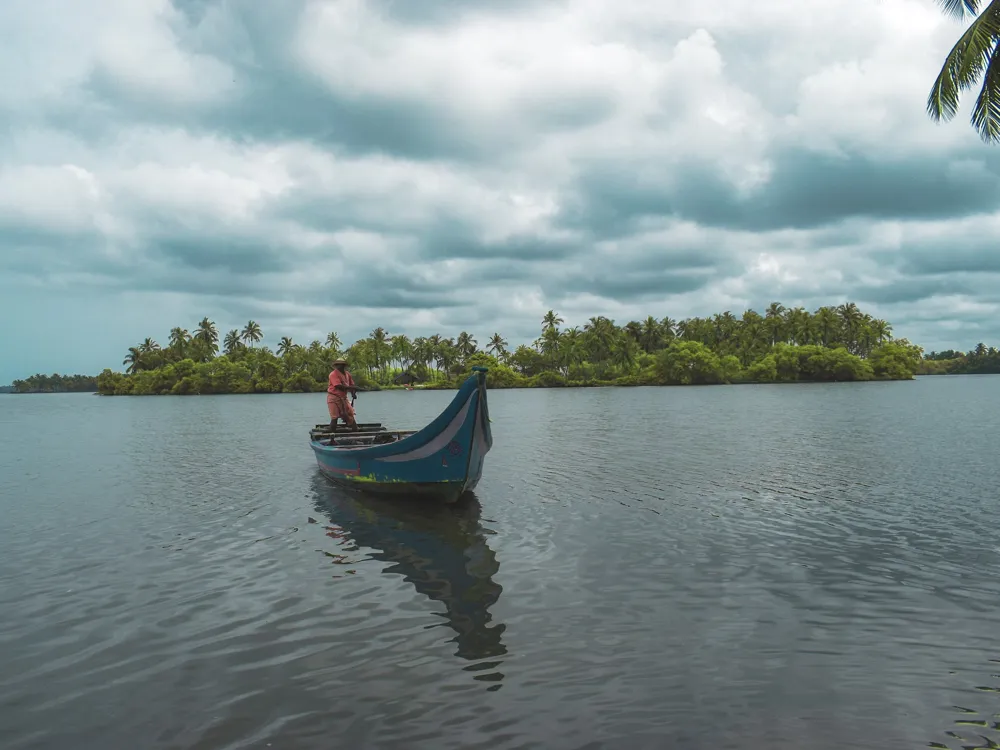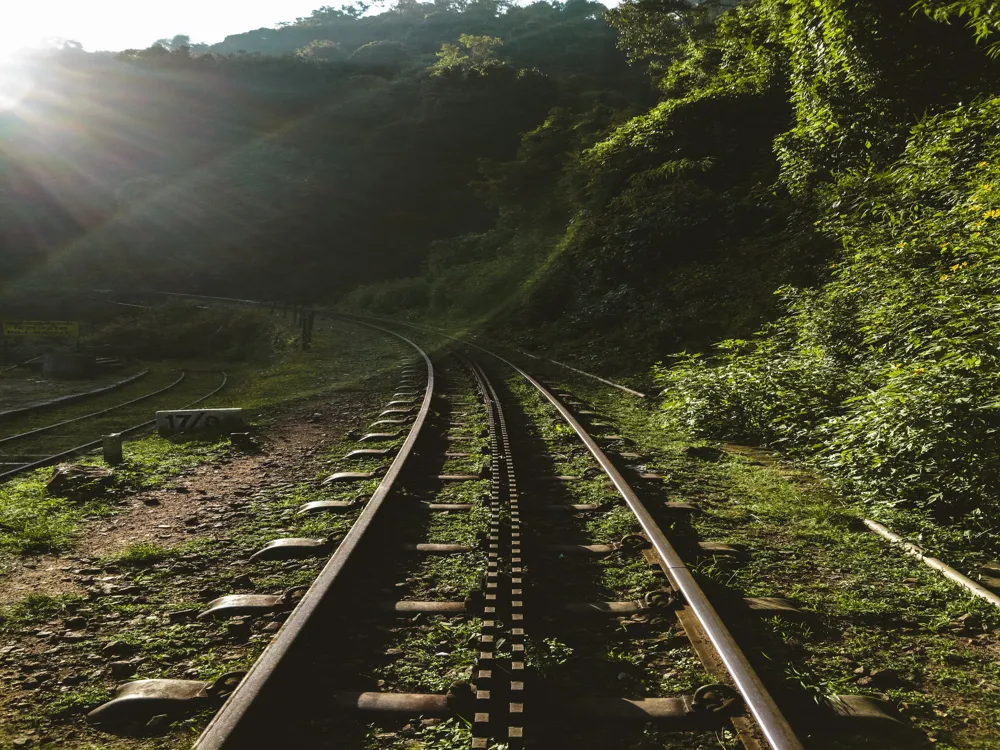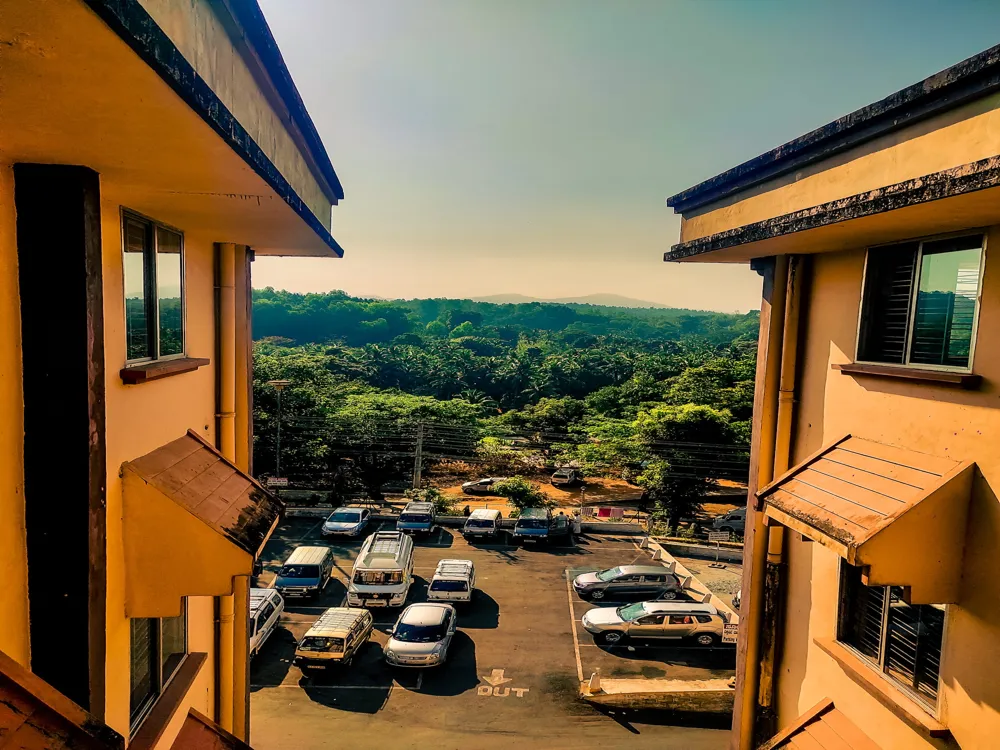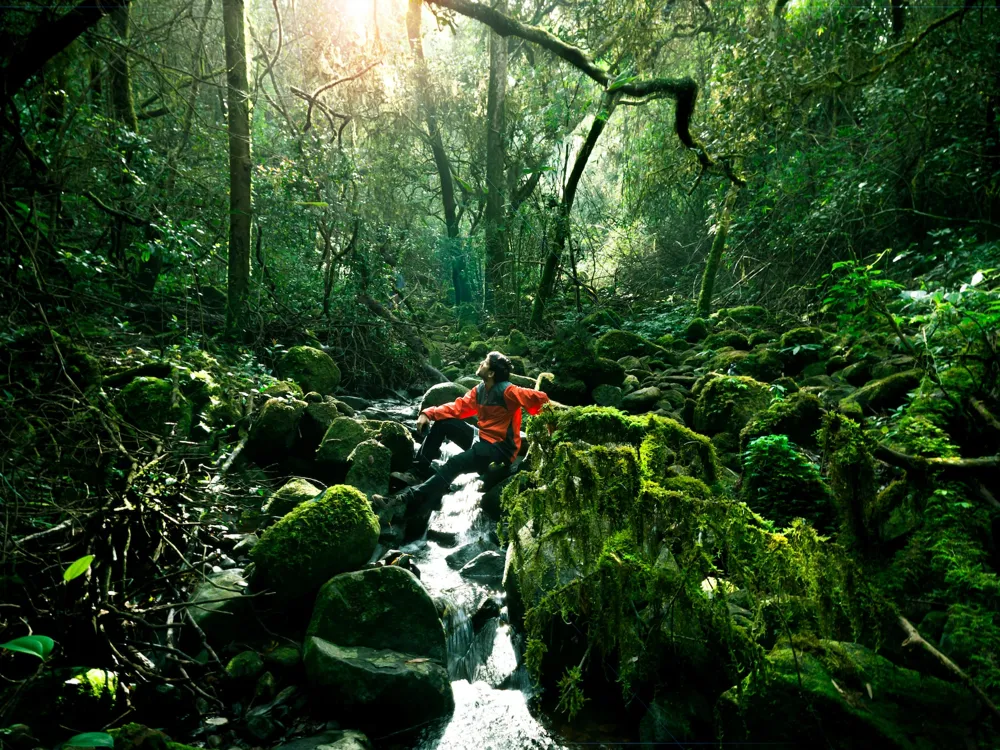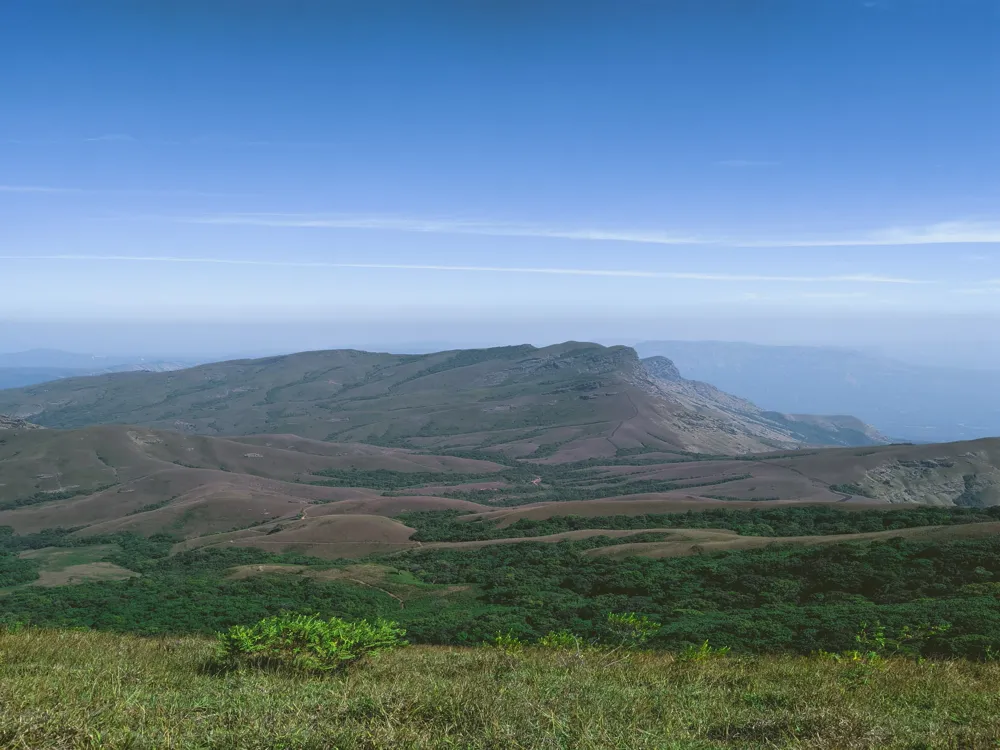Nestled in the serene landscape of Bekal, Kerala, the Malik Deena Mosque stands as a testament to the region's rich cultural and historical tapestry. This mosque, dating back several centuries, is not just a place of worship but also a symbol of the harmonious blend of various architectural styles and cultural influences that have shaped Kerala's identity. The mosque's history is intertwined with the local lore and traditions, making it a fascinating site for both historians and tourists alike. The origins of the Malik Deena Mosque are steeped in mystery and legend. It is believed to have been established by Malik Ibn Dinar, a revered Islamic scholar and missionary, who played a pivotal role in introducing Islam to the Indian subcontinent. This historical significance adds a spiritual depth to the mosque, attracting visitors from far and wide. Over the years, the mosque has undergone several renovations and expansions, each adding a layer to its rich history. Today, the Malik Deena Mosque is not only a center for religious activities but also a hub for social and cultural gatherings. Its location in Bekal, known for its scenic beauty and historic fort, further enhances its appeal to tourists. The mosque's architecture, with its unique blend of traditional Kerala style and Islamic influences, stands as a beacon of the cultural confluence that characterizes much of Kerala's history. The architecture of the Malik Deena Mosque is a captivating fusion of traditional Kerala and Islamic architectural styles, reflecting the syncretic cultural ethos of the region. The mosque's structure is characterized by its distinctive features, including steeply pitched roofs, gabled windows, and intricately carved wooden doors, which are hallmarks of traditional Kerala architecture. One of the most striking aspects of the mosque is its prayer hall, which showcases the exquisite craftsmanship of the local artisans. The hall is adorned with beautifully carved wooden panels and rafters, each telling a story of the region's artistic heritage. The mihrab, indicating the direction of Mecca, is elegantly designed and serves as the focal point of the prayer hall. The mosque also features a series of arches and columns, which are indicative of Islamic architectural influences. These elements not only add to the aesthetic appeal of the building but also play a functional role in supporting the mosque's structure. The harmonious blend of these architectural styles makes the Malik Deena Mosque a remarkable example of cultural integration and artistic innovation. Visitors should be mindful of the local customs and traditions. Dress modestly, remove footwear before entering, and maintain a respectful demeanor throughout the visit. The best time to visit the mosque is during the cooler months from November to February. The weather is pleasant, making it ideal for exploration. Photography may be restricted in certain areas of the mosque. Always ask for permission before taking photographs, especially during prayer times. Reaching Malik Deena Mosque in Bekal is convenient due to its well-connected location. The nearest airport is Mangalore International Airport, located approximately 50 kilometers away. Visitors can hire taxis or take buses from the airport to reach Bekal. The nearest railway station is in Kasaragod, which is well connected to major cities in India. From Kasaragod, one can take local transport to reach the mosque. Additionally, Bekal is accessible by road from various parts of Kerala and neighboring states, making it an easily reachable destination for those who prefer to drive. Read More:Overview of Malik Deena Mosque of Bekal, Kerala
Architecture of Malik Deena Mosque
Tips When Visiting Malik Deena Mosque
Respect Local Customs and Traditions
Best Time to Visit
Photography Guidelines
How To Reach Malik Deena Mosque
Malik Deena Mosque
Bekal
Kerala
₹ 69,000 onwards
View bekal Packages
Bekal Travel Packages
View All Packages For Bekal
Top Hotel Collections for Bekal

Private Pool

Luxury Hotels

5-Star Hotels

Pet Friendly
Top Hotels Near Bekal
Other Top Ranking Places In Bekal
View All Places To Visit In bekal
View bekal Packages
Bekal Travel Packages
View All Packages For Bekal
Top Hotel Collections for Bekal

Private Pool

Luxury Hotels

5-Star Hotels

Pet Friendly







